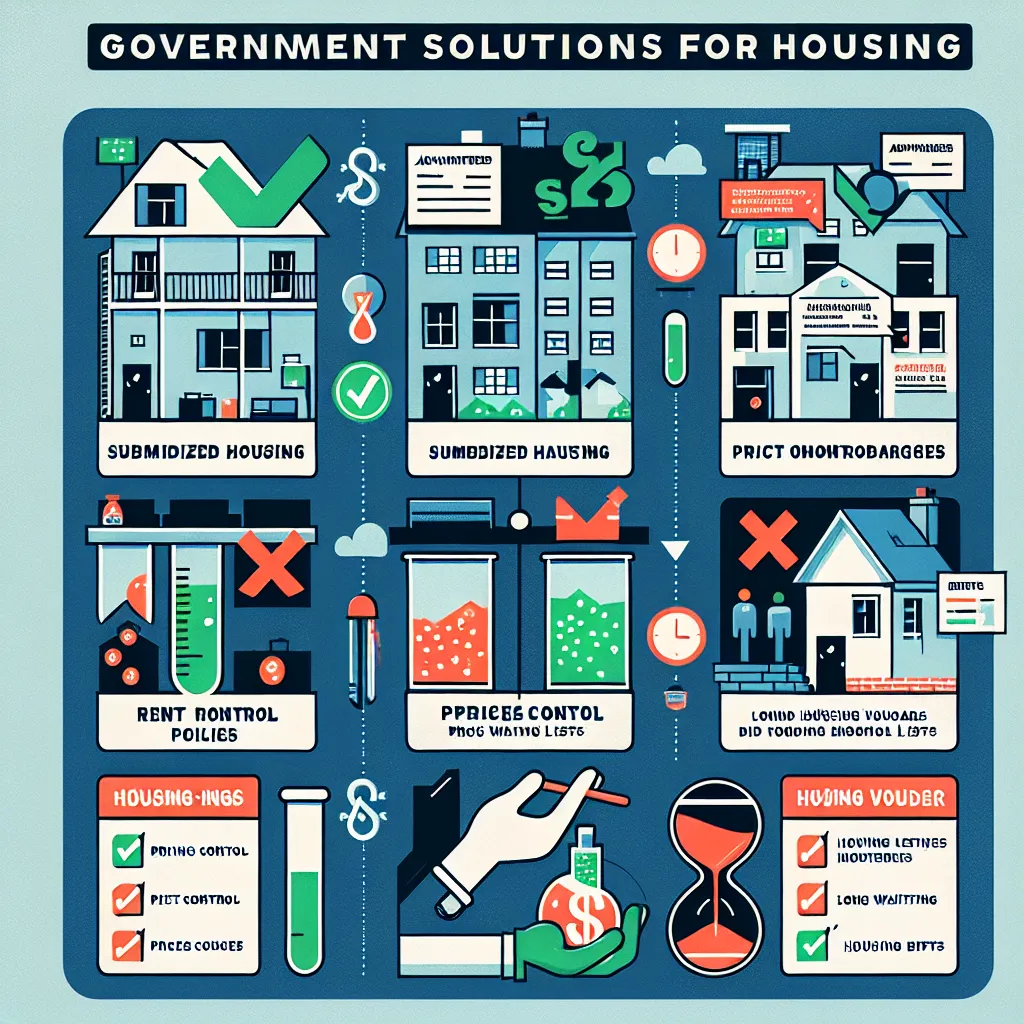In recent years, the topic of government-provided housing for low-income families has become increasingly prevalent in IELTS Writing Task 2 exams. This issue touches on important aspects of social welfare, economic policy, and government responsibility. Based on past exam trends and current socio-economic discussions, we can expect this theme to continue appearing in future IELTS tests. Let’s explore a specific question related to this topic and analyze how to approach it effectively.
Analyzing the Question
Some people believe that governments should provide free housing for low-income families. To what extent do you agree or disagree with this opinion?
This question asks for your opinion on whether governments should offer free housing to families with low incomes. It’s crucial to note that this is an “agree or disagree” type question, which means you need to clearly state your position and support it with well-developed arguments.
Key points to consider:
- The role of government in social welfare
- The potential benefits and drawbacks of free housing
- Alternative solutions to housing issues for low-income families
- The economic implications of such a policy
Sample Essay (Band 8-9)
The provision of free housing for low-income families by governments is a contentious issue that has garnered significant attention in recent years. While I acknowledge the good intentions behind this proposal, I largely disagree with the idea that governments should provide completely free housing. Instead, I believe a more nuanced and sustainable approach is necessary.
Firstly, offering free housing to low-income families could potentially create a culture of dependency. If individuals know they can rely on the government for their housing needs, it might discourage them from seeking ways to improve their financial situation. This could lead to a cycle of poverty that is difficult to break. Moreover, such a policy could be seen as unfair by those who are just above the income threshold and struggle to afford housing without government assistance.
However, it is undeniable that access to safe and affordable housing is crucial for societal well-being. Instead of providing entirely free housing, governments should focus on implementing more sustainable solutions. For instance, they could offer subsidized housing options where low-income families pay a reduced rent based on their income. This approach would ensure that families have a stake in their housing while still receiving necessary support.
Furthermore, governments should invest in programs that address the root causes of housing affordability issues. This could include initiatives to increase the overall housing supply, improve job training and education opportunities, and implement policies that promote wage growth for low-income workers. By tackling these underlying factors, governments can create long-term solutions that empower families to become financially independent.
In conclusion, while the idea of free government housing for low-income families may seem appealing at first glance, it is not the most effective or sustainable solution. A more balanced approach that combines targeted assistance with efforts to address systemic issues would be more beneficial in the long run. By focusing on empowerment rather than pure provision, governments can help create a more resilient and self-sufficient population.
(Word count: 309)
 Government housing solutions
Government housing solutions
Sample Essay (Band 6-7)
The issue of whether governments should provide free housing for low-income families is a complex one. While I understand the reasons behind this idea, I mostly disagree with it and believe there are better ways to help people with housing problems.
One main reason I disagree is that giving free houses to some people might not be fair to others. Many people work hard to pay for their homes, and they might feel it’s unfair if others get houses for free. Also, if the government spends a lot of money on free housing, it might not have enough money for other important things like education or healthcare.
However, I do think the government should help people who can’t afford homes. Instead of giving free houses, they could offer cheaper houses or help people pay rent. This way, people still pay something for their homes, which might make them value them more.
Another good idea is for the government to help people get better jobs or education. If people earn more money, they can afford their own homes without needing free ones from the government. This could be a better long-term solution.
In conclusion, while I don’t think governments should give free houses to low-income families, I do believe they should help in other ways. By offering affordable housing options and helping people improve their income, governments can address housing problems more effectively.
(Word count: 228)
Key Points to Note When Writing
-
Structure: Both essays follow a clear structure with an introduction, body paragraphs, and a conclusion. The Band 8-9 essay has more sophisticated paragraph development and transitions.
-
Language: The Band 8-9 essay uses more advanced vocabulary and complex sentence structures, while the Band 6-7 essay uses simpler language but still maintains clarity.
-
Arguments: The Band 8-9 essay presents more nuanced arguments and considers multiple perspectives. The Band 6-7 essay makes valid points but with less depth and fewer examples.
-
Coherence: Both essays maintain a logical flow of ideas, but the Band 8-9 essay demonstrates stronger coherence and cohesion through the use of more sophisticated linking words and phrases.
-
Task Response: Both essays address the question directly, but the Band 8-9 essay provides a more comprehensive and well-developed response.
Important Vocabulary to Remember
- Contentious (adjective) /kənˈtenʃəs/ – causing or likely to cause disagreement
- Nuanced (adjective) /ˈnjuːɑːnst/ – characterized by subtle shades of meaning
- Subsidized (adjective) /ˈsʌbsɪdaɪzd/ – supported financially by a subsidy
- Empowerment (noun) /ɪmˈpaʊərmənt/ – the process of becoming stronger and more confident
- Sustainable (adjective) /səˈsteɪnəbl/ – able to be maintained at a certain rate or level
- Threshold (noun) /ˈθreʃhəʊld/ – the level or point at which something starts to take effect
- Resilient (adjective) /rɪˈzɪliənt/ – able to withstand or recover quickly from difficult conditions
- Self-sufficient (adjective) /ˌselfsəˈfɪʃnt/ – needing no outside help in satisfying one’s basic needs
Conclusion
The topic of government-provided housing for low-income families is likely to remain relevant in future IELTS Writing Task 2 exams. To prepare effectively, practice writing essays on related themes such as:
- The role of government in addressing homelessness
- Balancing social welfare with economic sustainability
- The impact of housing policies on social equality
Remember to always analyze the question carefully, plan your essay structure, and use a range of vocabulary and sentence structures appropriate to your target band score. We encourage you to practice writing an essay on this topic and share it in the comments section for feedback and discussion. This active approach to learning can significantly improve your IELTS Writing skills.


